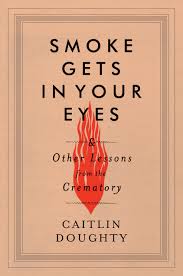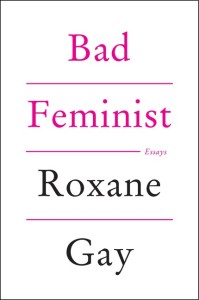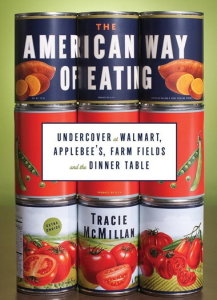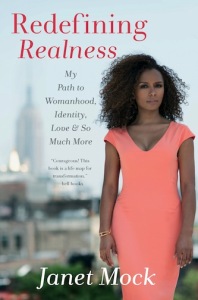Sustainable Happiness
Written by Ashley Kelmore, Posted in Politics, Reviews
Three Stars
I subscribe to Yes! magazine. If you aren’t familiar with it, it is a a great quarterly magazine that looks at the issues facing our world from the lens of trying to actually address them. Where some magazines just talk about the problems, this one tells stories about people who are actively solving, or trying to solve, them. When I got an email telling me they’d put together a book called “Sustainable Happiness,” I decided to buy it.
It’s not exactly what I was expecting – instead of a book about simple living and making a different in society, with a clear narrative, it instead is more of a grouping of some of their past magazine articles. Which isn’t a problem – I review Bad Feminist just a few weeks ago, and many of the essays in it had already appeared in other places – but it didn’t totally work for me. Some of the essays are really interesting, like the ones on restorative justice and equity, but because of the nature of magazine articles, the chapters leave me wanting a lot more. I feel like books can serve as a way to go deeper into some of the issues that magazine articles usually don’t, but this book missed that opportunity.
That said there are some great reminders and take-aways. The Tech Sabbath article is one I read before, and had toyed with incorporating. Re-reading it makes me want to pursue at least one day a month where I don’t use my computer or smartphone or tablet, and just spend the day reading, walking, or talking with friends. However, there are a couple of essays that feel a bit out of place, like the one on porn addiction (seriously). The magazine is definitely worth checking out, and this book is a good introduction to it, but if you already read the magazine, I don’t really see the need for the book.




